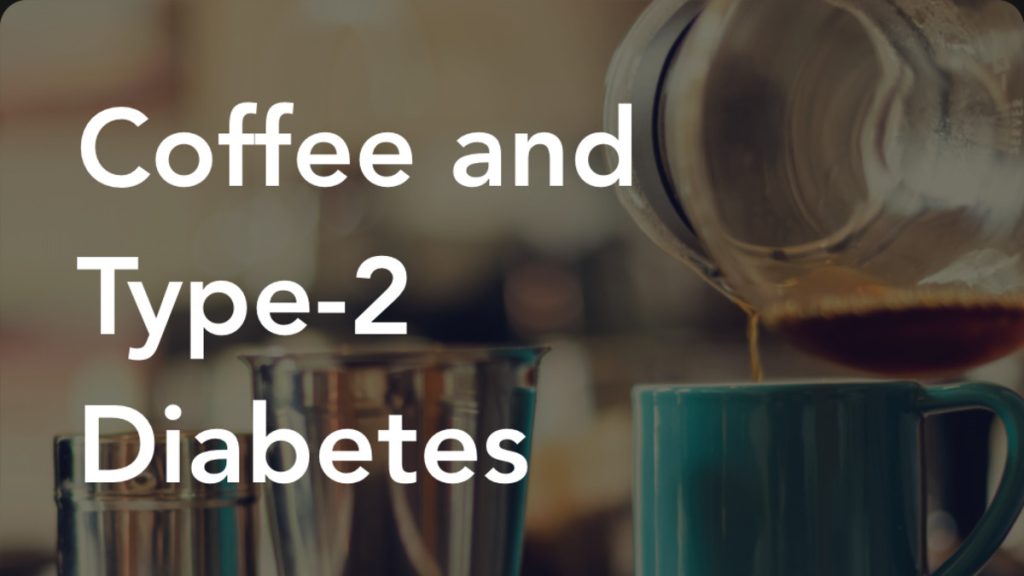Coffee: Is it energy booster or just a placebo?
The neurological effects of caffeine and coffee consumption were compared by researchers. They discovered that drinking coffee, but not caffeine, enhances brain activity associated with higher-order cognitive function and visual processing.
Could the effects of coffee on enhancing focus and performance be a placebo effect? A recent study comparing the impact of drinking coffee vs only caffeine suggests that might be the case.

Coffee is frequently consumed first thing in the morning to combat fatigue, maintain alertness, and perform well. Approximately 49% of Americans who are 20 years of age and older and who drink coffee do it daily.
Several distinct chemicals in coffee have diverse effects on the brain. The most well-known of these substances, caffeine, is known to stimulate dopamine circuits that improve memory.
Coffee’s neurochemical effects on the brain are well established, but its psychological consequences are less well understood.
For instance, some study indicates that while coffee consumption may have an impact on cognitive function in non-regular drinkers, it has less of an impact on habitual drinkers due to tolerance development.
According to the same research, a significant portion of caffeine’s and coffee’s stimulating effects may be accounted for by the alleviation of withdrawal symptoms following brief abstinence.
It may be easier to comprehend why individuals consume coffee with the help of more research into how coffee affects the brain.
They discovered that the effects of caffeine and coffee on brain function altered “the connectivity of the default mode network.” This shows that caffeine or coffee consumption facilitated the shift from resting to working on tasks, according to a news release.
Active ingredients in coffee
Numerous bioactive substances found in coffee contribute to its potential for substantial health effects.
Many of these substances are antioxidants, which protect your cells from injury from dangerous free radicals.
The key components of coffee are listed below:
- Caffeine. Caffeine, which is coffee’s primary active component, activates the central nervous system.
- Acids chlorogenic. Some biological pathways, including blood sugar metabolism and high blood pressure, may benefit from these polyphenol antioxidants.
- Cahweol and cafestol. These substances are abundant in unfiltered coffee and are present in the natural oil of coffee.
- Trigonelline. Since this alkaloid molecule is unstable at high temperatures, it transforms into nicotinic acid, or niacin (vitamin B3), during roasting.
However, the concentrations of these ingredients in a cup of coffee can differ.
Effects of drinking coffee as opposed to only caffeine
47 participants who consumed at least one cup of coffee daily were chosen by the researchers for the study. 31 of them were female, and they were all around the age of 30.
Before taking part in the trial, each participant was instructed to refrain from consuming any caffeinated food or beverages for at least three hours.
The subjects were subjected to two fMRI scans in the lab: one before and one 30 minutes after ingesting caffeine or drinking a cup of coffee. Participants were instructed to unwind and allow their thoughts wander throughout the fMRI scans.
In the end, the researchers discovered that in the default mode network (DMN), both coffee and caffeine decreased functional connectivity.
According to the authors, “self-referential processes when participants are at rest” are connected to the DMN. Reduced DMN, according to the researchers, suggests a higher level of readiness to shift from resting to task-context processing.
They also observed that consumption of coffee, but not caffeine, markedly reduced brain connection between somatosensory and motor networks. This may help to explain why people report having better psychomotor function after consuming caffeinated coffee, according to the researchers.
The executive control and visual networks associated with visual processing and higher-level cognitive function, such as working memory, cognitive control, and goal-directed behaviour, were more active after coffee consumption but not caffeine.
Coffee consumption is a sensory experience.
The researchers hypothesised that the sensory experience of drinking coffee may be the cause of the different effects of ingesting caffeine and drinking coffee.
The additional effects of drinking coffee may be explained by the placebo effect, according to Armargo Couture, a registered dietitian nutritionist at Staten Island University Hospital in New York who was not involved in the study:
Because drinking a cup of coffee in the morning is the social custom in this culture, the placebo effect may be effective in this situation. In essence, many people connect their “morning coffee” with “waking up” and getting ready for the day.
“Many people regularly take their morning cup of coffee after getting out of bed before beginning the day, which naturally comes to be connected with being successful. The idiom “don’t talk to me until I’ve had my morning coffee” was coined because preparing for the day with a daily cup of coffee is a shared experience and the social norm, she continued.
However, Couture pointed out that other substances in coffee may potentially be the source of its additional effects.
“Coffee’s terpenes, cafestol and kahweol, and polyphenols, including chlorogenic acids, interact with different brain receptors to boost energy, elevate mood, and instill a motivational attitude. According to a study, coffee’s terpenes and polyphenols contain anti-inflammatory and antioxidant effects that have also been linked to a lower incidence of depression.
Study limitations for evaluating the effects of coffee
Dr. Teixeira pointed out that the study’s significant shortcomings include the absence of non-drinker or decaf-drinker groups as well as the absence of task-related fMRI data or cognitive tests.
“Rather of directly measuring cognitive function, the researchers used fMRI to examine brain connections. The lay media frequently misinterprets things like this, he said.
“It is also unclear how matched the coffee and caffeine groups were regarding sociodemographic and coffee and/or other caffeinated beverage consumption,” he continued.
We also received the following information from Dr. Gregory S. Carter, Ph.D., Associate Professor of Neurology and Head of the Sleep Medicine Section for the Department of Neurology at the University of Texas (UT) Southwestern Medical Centre.
The length of time between consuming coffee or other caffeinated beverages and the fMRI’s operation is the main restriction. The caffeine that has been dissolved takes 50–60 minutes to reach its peak blood concentration. The authors tested after 30 minutes, which is a little early especially when the blood-brain barrier’s relatively swift transit is taken into account.
The results are further constrained, according to Dr. Michael J. McGrath, Medical Director at the Ohana Luxury Alcohol Rehab and a board-certified psychiatrist who was not involved in the study, because the researchers did not examine whether the advantages coffee drinkers enjoy are caused by the alleviation of withdrawal symptoms.
Benefits of coffee consumption
According to Couture, “coffee may benefit your mindset towards goals while improving your working memory and cognition. It increased subjects’ executive control.”
She continued, “Those who struggle with executive dysfunction may find that consuming coffee helps by boosting motivation and working memory.
Dr. McGrath added that the findings demonstrate that some advantages of drinking coffee derive from sources other than caffeine. He pointed out that this suggests that consuming decaffeinated coffee in the morning may help increase alertness and focus.
REFERENCES:
- https://www.medicalnewstoday.com/articles/drinking-morning-coffee-vs-caffeine-pills-placebo-effect
- https://www.healthline.com/nutrition/coffee-brain
- https://www.earth.com/news/the-energy-boost-from-your-morning-cup-of-coffee-may-be-a-placebo-instead-of-the-caffeine/
- https://www.prevention.com/food-nutrition/a44372240/drinking-coffee-placebo-effect-study/
For Energy booster medications that have been suggested by doctors worldwide are available here https://mygenericpharmacy.com/index.php?therapy=83
